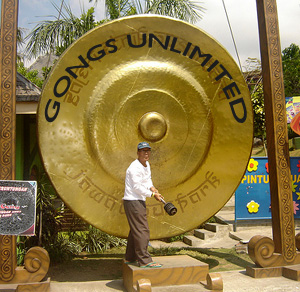Honours crossover
Today marks another crossover point: for the first time more women than men received honours from the Queen. This must in part be a result of the educational crossovers that have seen women move steadily ahead in qualifications. In other words, it's some reflection of how women are appearing more in significant positions at work. Of course women have always figured in the voluntary sector section of the honours list, and received some measure of recognition there - even though at the low end of the honours satis list. But the human capital picture (qualifications and skills) is now looking more like the social capital picture…
Read More

